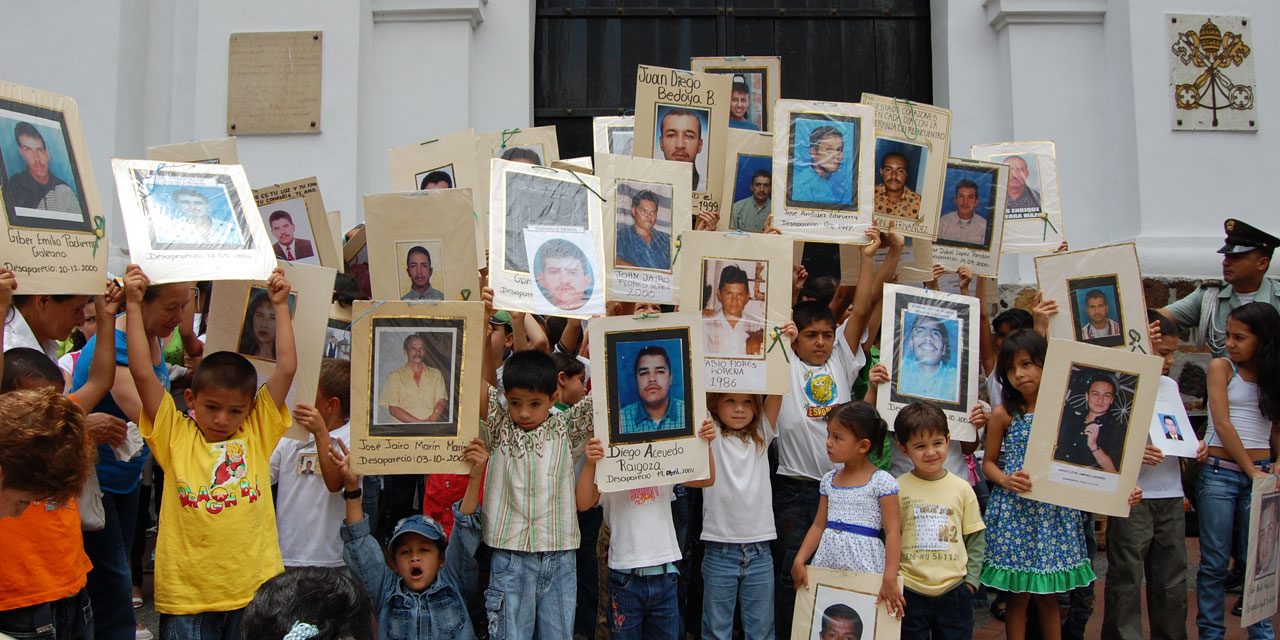Colombia’s Search Unit for Missing Persons said Monday that demobilized FARC guerrillas have so far provided information on 276 people that disappeared during the armed conflict.
The cases relate to people who went missing between 1981 and 2016.
The search unit is part of Colombia’s transitional justice system that has been charged with locating 120,000 missing persons, of whom 40,000 never returned after being kidnapped by groups like the FARC.
The information provided by the former guerrilla group, which is now a political party, will help with the search, location and identification of victims of the armed conflict.
The FARC’s 13,000 demobilized members committed to provide information of people who they made disappear during the conflict as part of a 2016 peace agreement with the government of former President Juan Manuel Santos.
“This is a first input of what the FARC has collected in the territories through consultation with ex-combatants, the population and organizations in general,” confirmed John Leon, spokesman for the Search Committee, at a press conference.
Many of the bodies of the disappeared are assumed to be buried in clandestine graves, incinerated in ovens or thrown into rivers by one of the many armed actors in the conflict, according to a study on the phenomenon.
Fact sheet | Forced disappearance in Colombia
The search unit also hopes that the information can lead to the discovery of victims who may be still alive, according to director Luz Marina Monzon.
“We aspire to find missing persons also alive, not only dead, and deliver them to family members and relieve the pain of families, which is the humanitarian sense of this,” Monzon told the press.
According to information received from FARC, 64% of the 274 cases documented so far correspond to members of illegal armed groups, 28% to civilians and 1% to members of the security forces.
To date, more than 70 members of the FARC party have participated in this process, who since 2017 have collected information in 15 of Colombia’s 32 provinces.
More than 72% of the cases submitted by the FARC date from 1996 to 2007. Most of the disappearances occurred in the provinces of Meta (25% of the cases), Tolima (18%) and Antioquia (13%).
The process of collecting this information is carried out with the support of the International Committee of the Red Cross (ICRC), the Medical Examiner’s Office, social organizations and victims.


